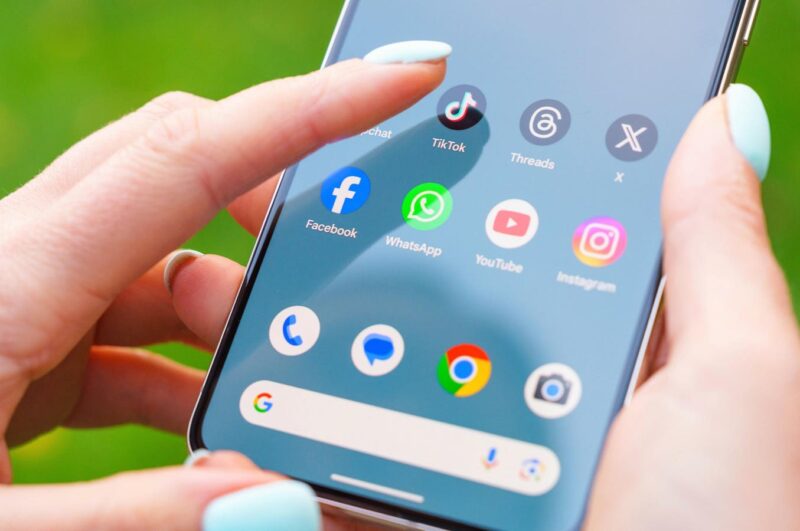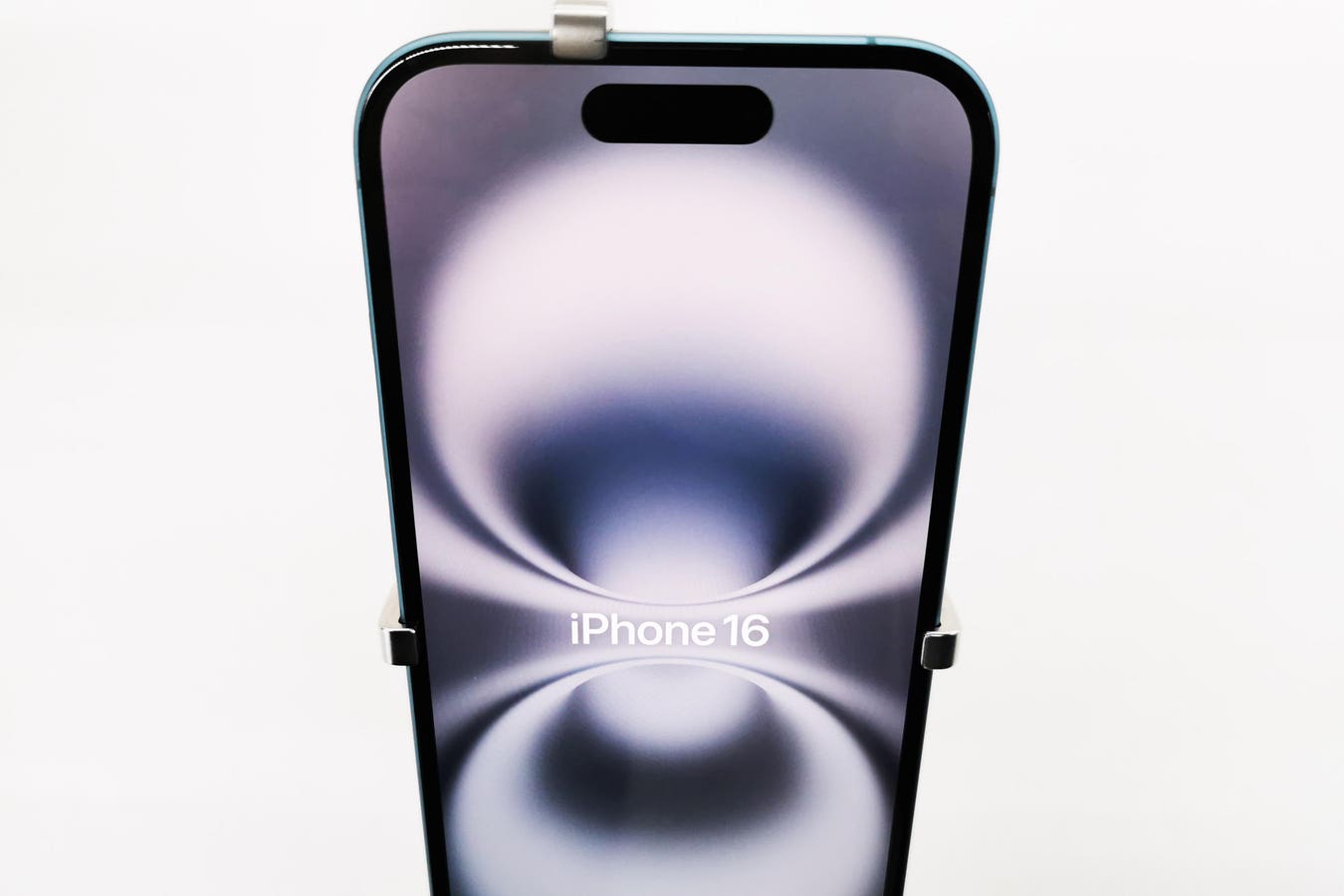Glasgow, Scotland – Close-up on the screen of a Google Pixel 8 Pro smartphone, as the user selects an app from the touchscreen.
getty
It’s been a busy few weeks if you have been following the TikTok saga. A proposed deal to save the app and avoid the TikTok ban enacted by Congress last year was approved by President Trump using an executive order, but questions remain about what happens next.
I won’t cover all of the salient details about how we reached this point, but suffice it to say there’s been a lot of maneuvering to make sure TikTok is available for the 170 million Americans who use it. At issue is the fact that ByteDance, the Chinese company that owns the app, could be collecting our personal data.
The deal is both complex and murky, to say the least. It’s complex because there are so many entities involved including ByteDance itself which will retain 20% ownership. Oracle is going to handle the security infrastructure, which essentially means storing and securing user data on American soil. Michael Dell, Silver Lake, and others are involved from an investment standpoint.
As for the TikTok algorithm, that’s still murky. Some reports indicate that a new American-owned version of the app would retain the original algorithm that determines what you will see in the app and is essentially what has made it so successful. It seems unlikely that ByteDance would allow a U.S. version of TikTok to use the algorithm.
Questions about the TikTok ban still remain
A major hurdle still exists, however.
Chinese officials have not commented on the TikTok deal or approved any of the machinations. At this point, it only appears as though ByteDance is on board. We’re mostly going by assurances from President Trump. (Note: I reached out to TikTok representatives but they have not responded to provide any details.)
There are also questions about whether lawmakers see the deal as solving the issue once and for all. It’s interesting that part of the new TikTok deal involves a group of investors from Abu Dhabi which seems counter-productive to me. Lawmakers wanted to make sure the app was safe from prying eyes and from any possible security leaks.
Just today, a House committee chairman requested a meeting with President Trump to discuss the deal, but so far congressional comment has been minimal.
And perhaps the biggest hurdle of all has to do with the users. While we all seem to be swiping through one video after another as usual (e.g., the user base of 170 million has not changed), there were reports earlier this year of users flocking to competing apps like RedNote because they don’t like using U.S. apps such as X (because of Elon Musk) or Facebook (because of Meta and Mark Zuckerberg).
My questions are really around how the algorithm will work with this new version.
It’s widely known that TikTok can predict what you want to see next even though none of us have concrete details about how that actually works. It’s the “secret sauce” that powers the app, and if the U.S. version is disconnected entirely from the Chinese-owned version, it remains to be seen how the algorithm could continue to operate as normal using previous analytics data or using proprietary technology.
What’s far more likely is that the U.S. version would use a different, rebuilt algorithm that starts retraining itself on your preferences. The U.S. version would use a licensed version of this new TikTok algorithm. Despite initial reports to the contrary, even that seems unlikely. It would be like Apple licensing a version of the iPhone.
That means we need to add one more question to answer about the TikTok ban: Should a U.S. company be licensing anything from a Chinese firm when it comes to collecting personal data and knowing which videos and content we like on a long-term basis? My answer to that question is: we will find that out soon.









